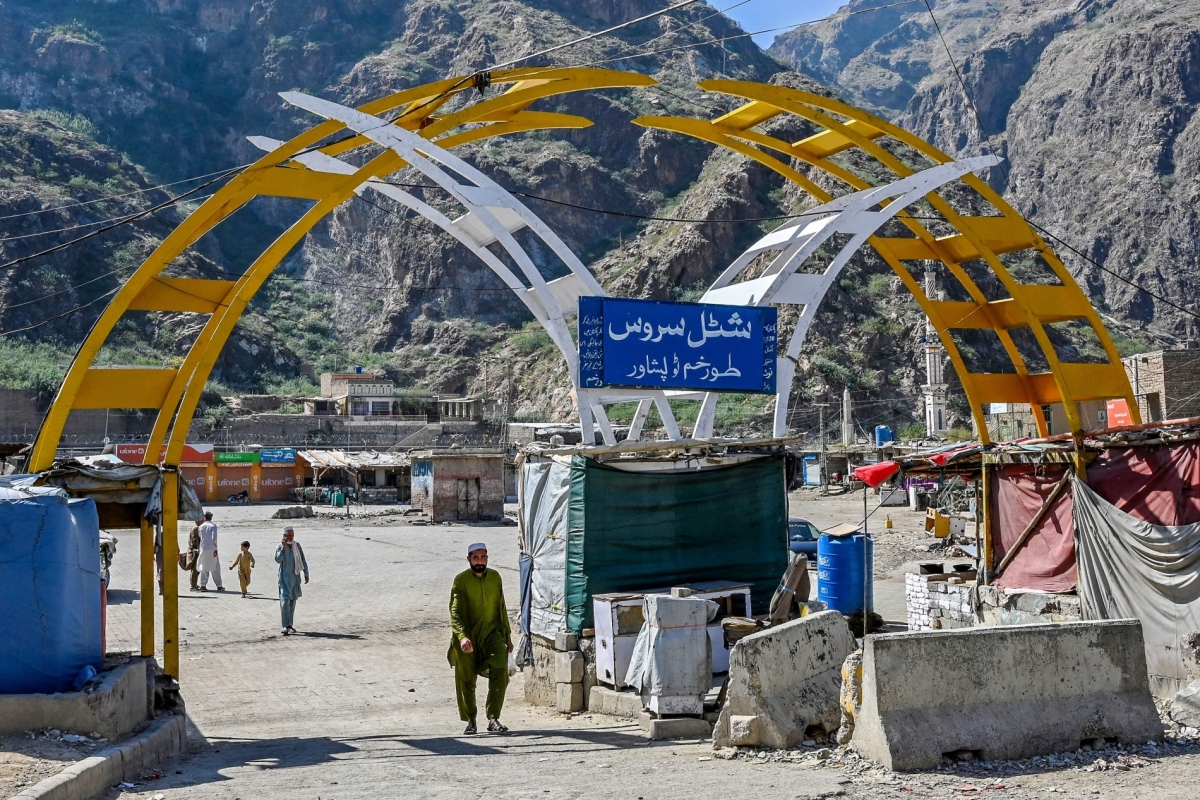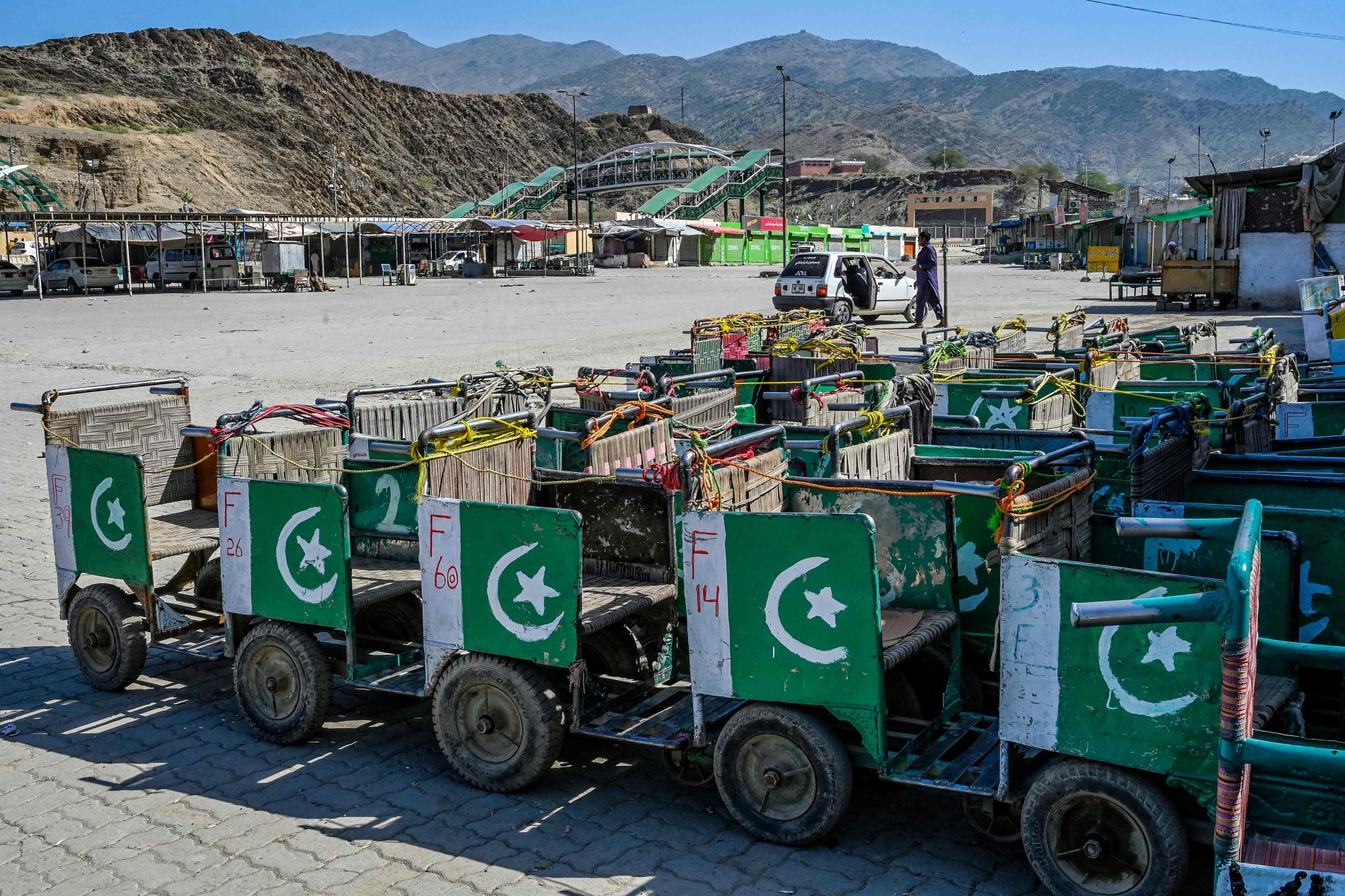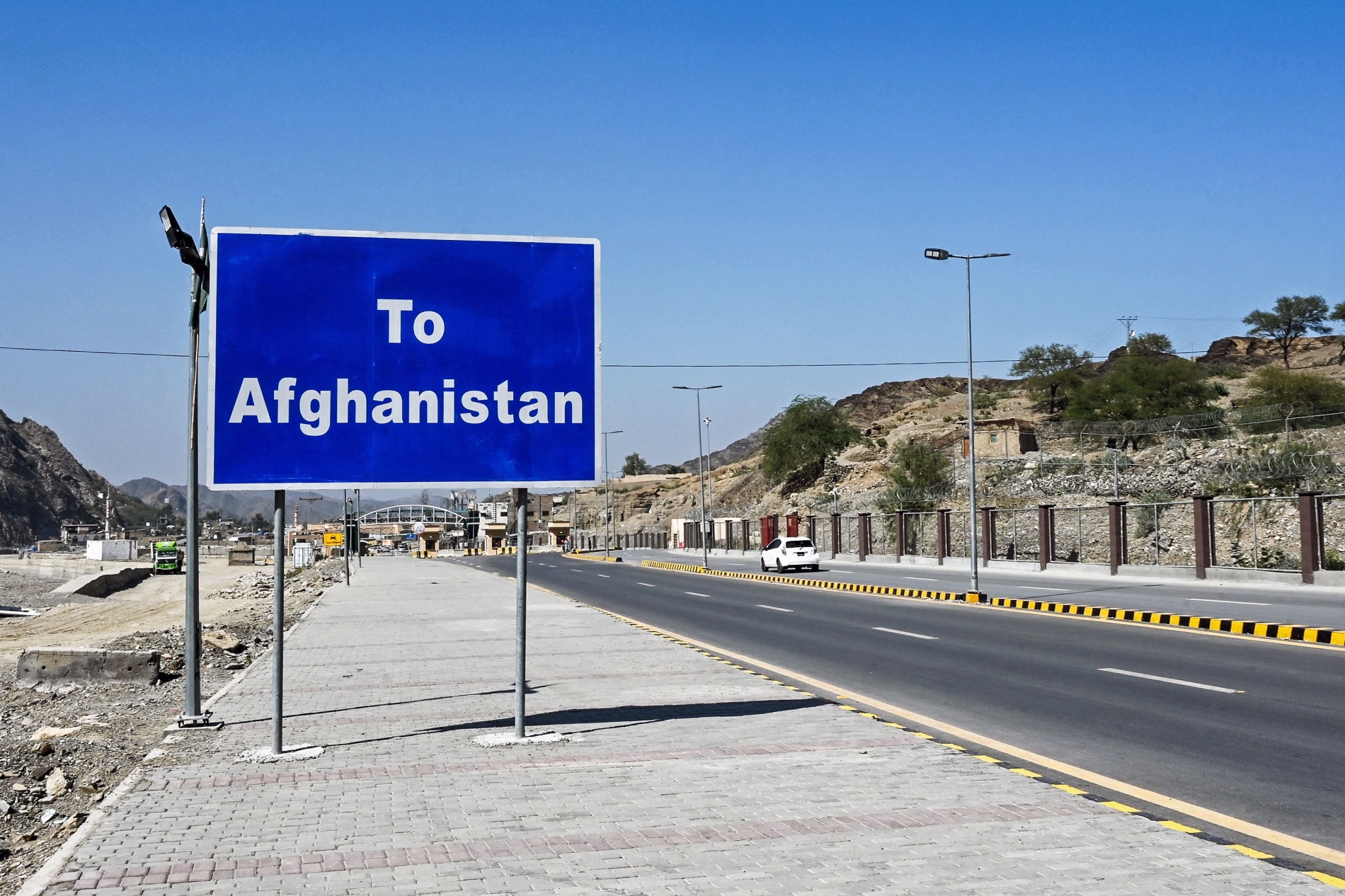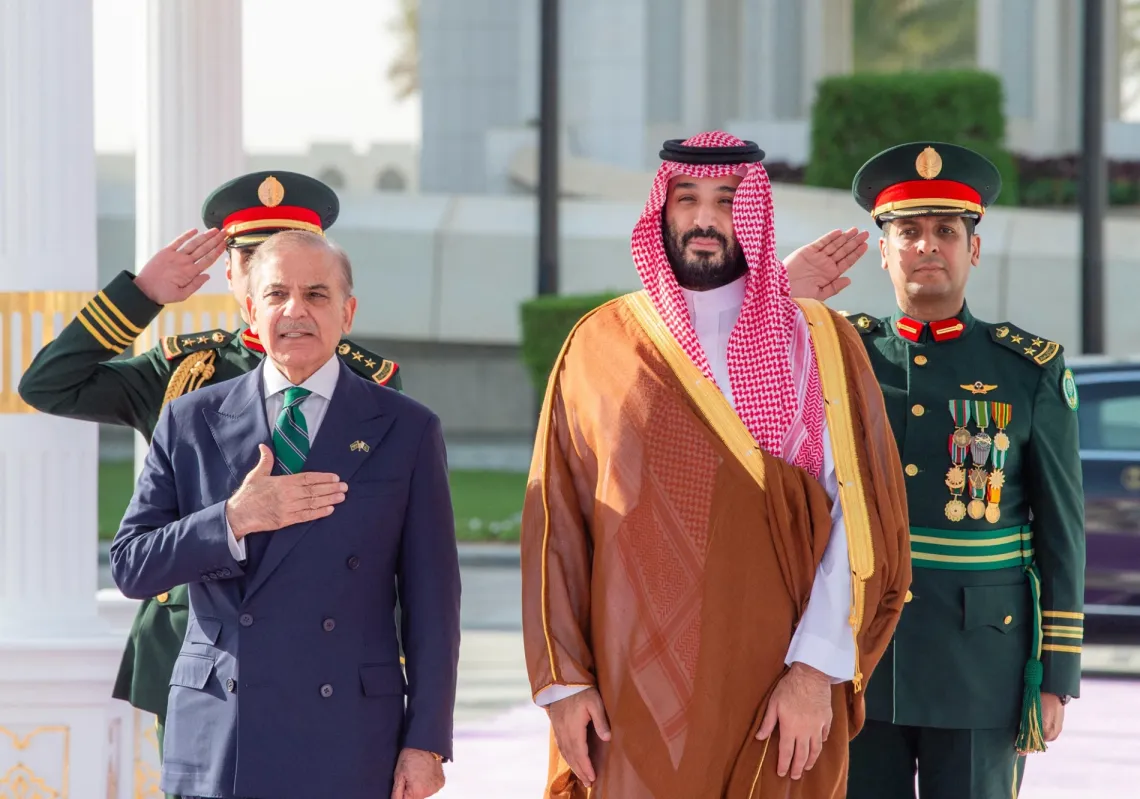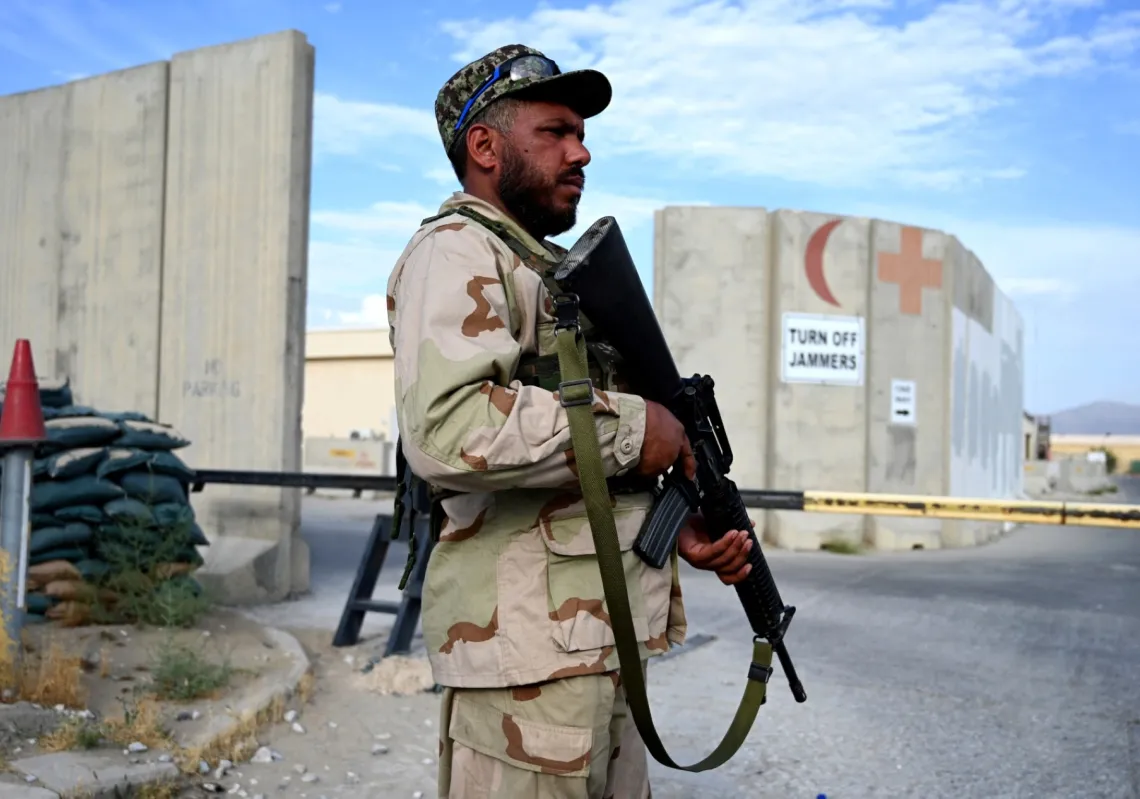On a moonless Saturday night, the mountains of Nushki thundered with fire, the still air cracking under the weight of Pakistani artillery as the army unleashed a counterattack across the Afghan frontier. Flames rose from what were described as “Taliban command positions,” including the Ghazni headquarters, believed to have been a hub for cross-border infiltration.
Security officials called the operation “swift, clean, decisive”. According to Pakistan’s Inter-Services Public Relations (ISPR), multiple Taliban positions were hit after “unprovoked” cross-border firing earlier that day from Afghan territory across Angoor Adda, Bajaur, Kurram, Dir, and Chitral. “They wanted to test our patience,” a senior Pakistani military source told Al Majalla. “They got their answer.”
By dawn, smoke from the destroyed command post curled above the border hills. Authorities said 23 soldiers were killed, as were more than 200 Afghan fighters, most affiliated with Tehreek-e-Taliban Pakistan (TTP). Islamabad says Fitna al-Khawarij (extremist insurgents) orchestrated the assault with Indian intelligence support.
Taliban spokesman Zabihullah Mujahid rejected the accusations and condemned the strikes as “a violation of Afghanistan’s sovereignty”. He said: “Afghanistan will not allow anyone to breach its territorial integrity. Our forces acted in defence, not aggression. We urge Pakistan to pursue dialogue, not bombardment.”
By Sunday, intermittent shelling still echoed through the highlands of Kurram. Major crossings—Torkham, Chaman, Angoor Adda, Kharlachi, and Ghulam Khan—were sealed, freezing cross-border trade, which is the main income source for thousands of families on the frontier.
On Wednesday, Afghanistan and Pakistan said they had agreed to a 48-hour ceasefire, but it's unclear whether it can be extended after Friday, when it is set to expire.
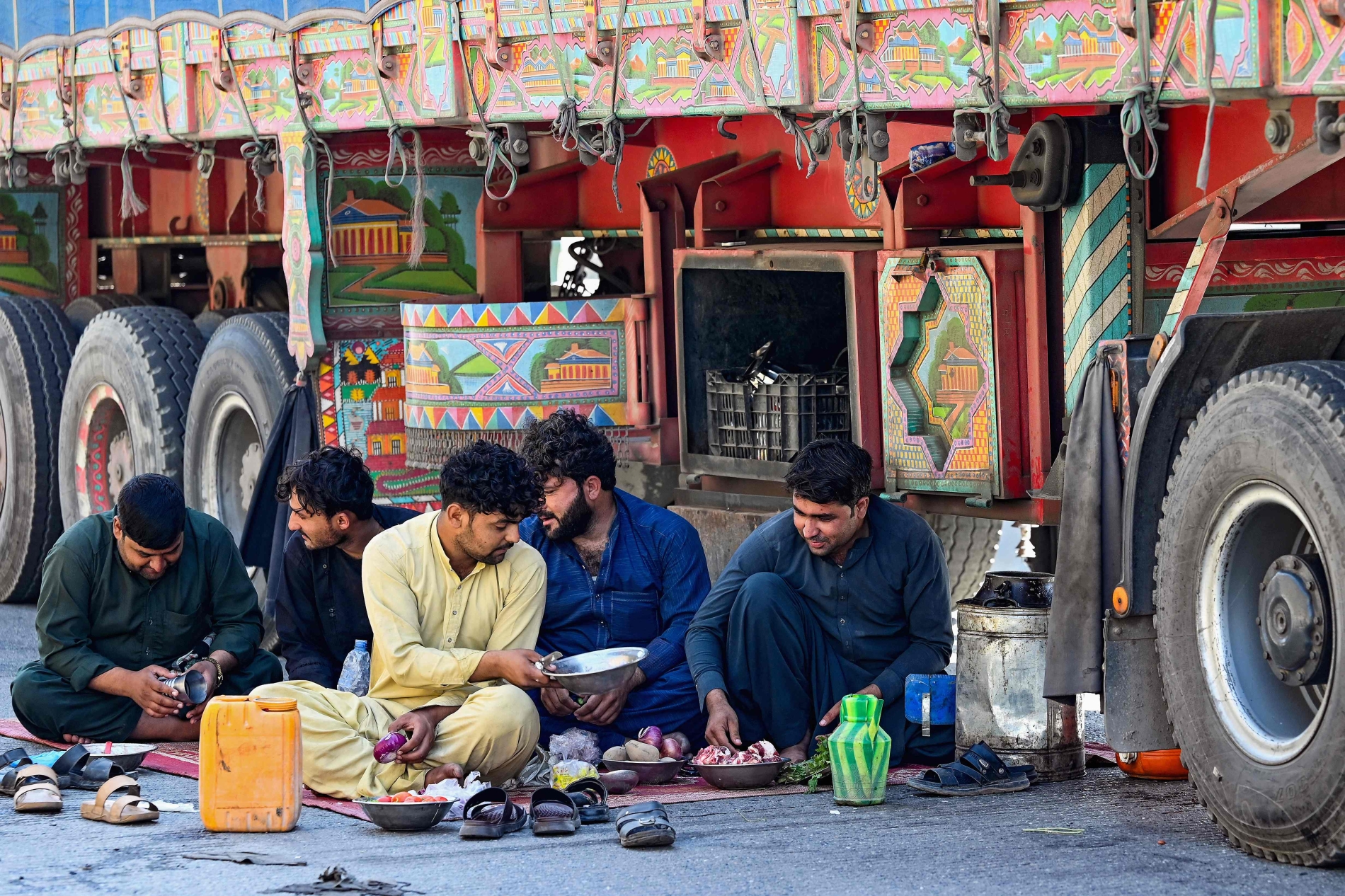
A complex history
The flare-up is no isolated episode. Rather, it is the most dangerous chapter in a fraught, decades-long relationship that began during the Soviet-Afghan War in the 1980s, when Pakistan hosted the Afghan jihadists fighting the Soviet occupiers. Under General Zia-ul-Haq, Pakistan’s Inter-Services Intelligence (ISI)—with American and Saudi funding—trained and armed tens of thousands of Afghans.
Many of those battle-hardened men would later form the nucleus of the Taliban in the mid-1990s. When this ideologically rigid regime came to power in the 1990s, Islamabad quietly supported it as a stabilising force in its western backyard. When the US invaded Afghanistan in 2001, Pakistan allied with Washington, but continued sheltering remnants of the Taliban leadership.
When the Taliban returned to power in Afghanistan in August 2021 after America's chaotic withdrawal, Islamabad initially celebrated, for it assumed that it now had a friendly partner in charge, giving Pakistan "strategic depth". Hope was short-lived, however. Rather than bringing peace, the Taliban unleashed instability.
TTP, long based across the Afghan frontier, found new safe havens. Hundreds of its dispersed fighters regrouped in provinces like Kunar, Nangarhar, and Paktika. Their attacks inside Pakistan surged. According to Pakistani officials, more than 1,000 security personnel have been killed in TTP-linked violence since 2022, because TTP leaders operate freely from Afghan territory, often with local Taliban protection.
"The TTP is the single largest obstacle to peace," said a senior Pakistani counterterrorism official. "They are no longer just a militant outfit; they are a regional proxy used to bleed Pakistan." The Taliban denies the charges. "There are no TTP bases in Afghanistan," Mujahid said. "If Pakistan has evidence, it should share it. The Islamic Emirate does not support anyone's war."


